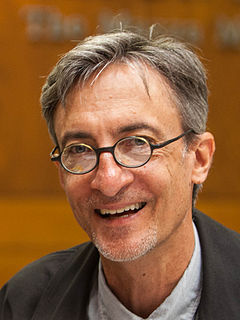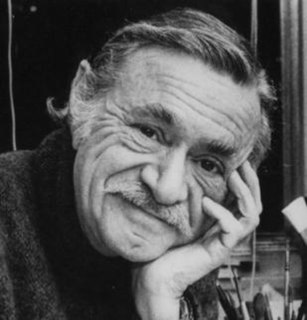A Quote by Devdutt Pattanaik
I have been doodling since childhood. I have a passion for illustrating but cannot paint or colour for that matter. I illustrate what I am trying to communicate through my writing. My images are like drawings in a science text book.
Related Quotes
Why did Ted Geisel end up writing and illustrating for young minds? He has specific imagery in the book, and we never would have moved beyond the discussion phase, if we couldn't have found an expression for The Lorax, dimensionally, that was true to the soul of what comes through in his simple line drawings, on the page.
We had collaborated with Allen Ginsberg on one of his last projects just before he died in the spring of '97, a book called Illuminated Poems - it was Allen's poems and songs and I illustrated them. Or, I illuminated them with paintings and drawings that bounced off of them. You want the picture to relate to the text without it slavishly regurgitating it or merely illustrating it, because that's redundant. You want to show another angle of what the text is saying.
The process of writing a book is infinitely more important than the book that is completed as a result of the writing, let alone the success or failure that book may have after it is written . . . the book is merely a symbol of the writing. In writing the book, I am living. I am growing. I am tapping myself. I am changing. The process is the product.
Then began an experience that turned my life around-working on a book with a black kid as hero. None of the manuscripts I'd been illustrating featured any black kids-except for token blacks in the background. My book would have him there simply because he should have been there all along. Years before I had cut from a magazine a strip of photos of a little black boy. I often put them on my studio walls before I'd begun to illustrate children's books. I just loved looking at him. This was the child who would be the hero of my book.
A student researching into my work has actually traced the newspapers and magazines where I found theses images and has found out that many of them illustrate a collection of gruesome stories, murders and suicides which contrast with the images used. There is a contrast between the message carried by the text and that suppressed by the illustration.
With Orff it is text, text, text - the music always subordinate. Not so with me. In 'Magnificat,' the text is important, but in some places I'm writing just music and not caring about text. Sometimes I'm using extremely complicated polyphony where the text is completely buried. So no, I am not another Orff, and I'm not primitive.
Every single painting is different. I'm always trying to figure out what I'm interested in. Usually when I go through and I make the collages or the images for ideas that I want to paint, it's like an Ouija board. Each painting I do is trying to understand what the hell I'm looking at, or want to look at.
I am very bad at remembering the books I've read and so recently I had a wonderful experience. I decided I wanted to teach Toni Morrison's The Bluest Eye. I hadn't read it in twenty-five years. I was surprised to find how much I drew from that book. Stole from that book, learned from that book about writing. I had forgotten and there it was. Morrison has called that text faulted. I cannot see how.
Movies are definitely more fun because there are so many different seasons in a movie. It is exciting to be drafting together. Writing a book is very hard, it's like writing 15 college term papers in a row, and you are just like, "when is going to end?" You can communicate so much more when you are writing a book, and you can go so much deeper.



































